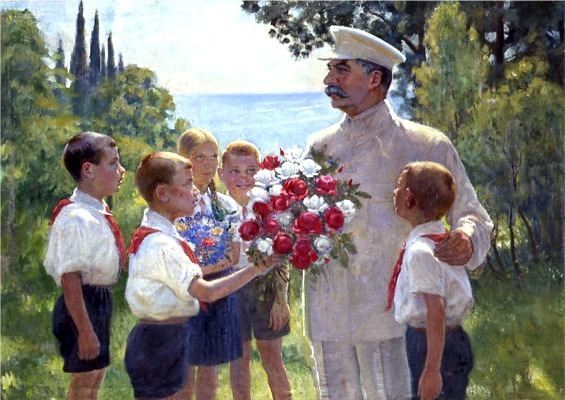Things I Learned While Reading Student Essays
Man has created the society in which we live in.
In Sunshine Sketches people are scared of changes, more people, having scared to take up less part in the society.
We have not yet evolved but evolving for the worst, which one day will be man’s demise.
In this books, issues such as social ineptitude, ignorance towards other races, family structure and even general hygiene are found.
The comedy has been showed on many different aspects in the English Literature, nor not too many writers use dark themes to establish a parody out of it.
The comedy is showed in the contradiction between the ironic events and the dark themes in order to let the reader considerate the facts of life.
I bring up the fact that humans do have a choice to either live on fear and hate to live or live on love and love to live.
Coming from a mathematical background, Lewis Carroll knew exactly how to attract fresh new admirers.
This brings me to ponder the following question: should we base ourselves on poetry to define one’s beliefs?
Shakespeare’s poems were often written to lovers, but it isn’t known if they were his lovers or others’.
A village—it’s more old fashion then new technologies.
Also religion, church, school, family dinner in small community it’s real values, not in big cities just wokring to make a living or get rich.
When someone thinks of a prison, people think of a place filled with bad people. There are reasons behind the actions and why these people are called or referred too as bad. But no one is entirely good or bad all of the time. Everyone has committed a sin, which isn’t a good thing, but others do it more often.
In Annabel Lee’s case we understand she was killed by perhaps a natural disaster and had more of a today’s
William Shakespeare, William Wordsworth, and William Blake, three of the best poets that history has ever seen, strangely with their same names these three Williams have inspired many generations in a lot of there poems.
Love is a deep affection or fondness, it is a feeling of warm personal attachment to a person or to a living organism which occurs very slowly and softly.

